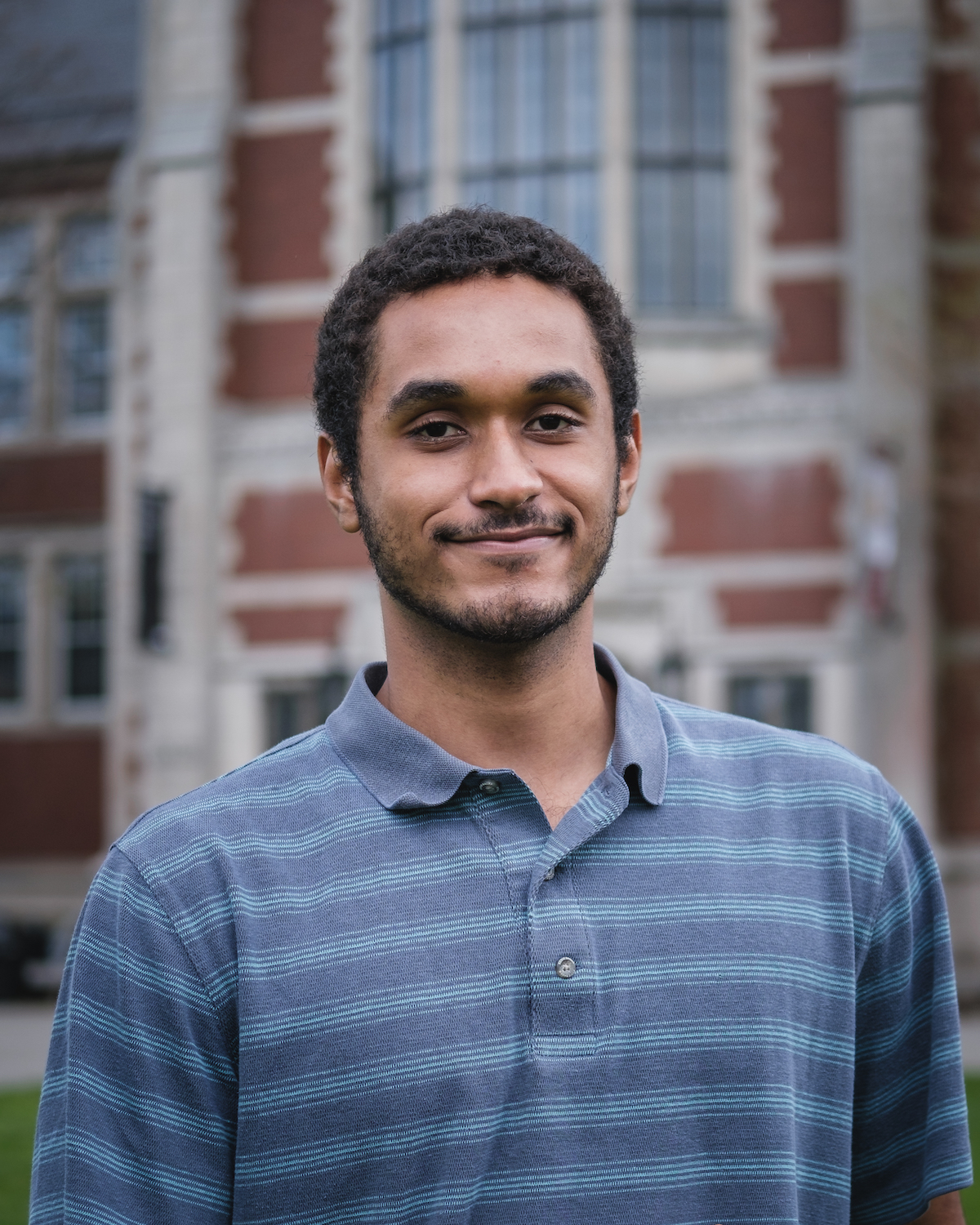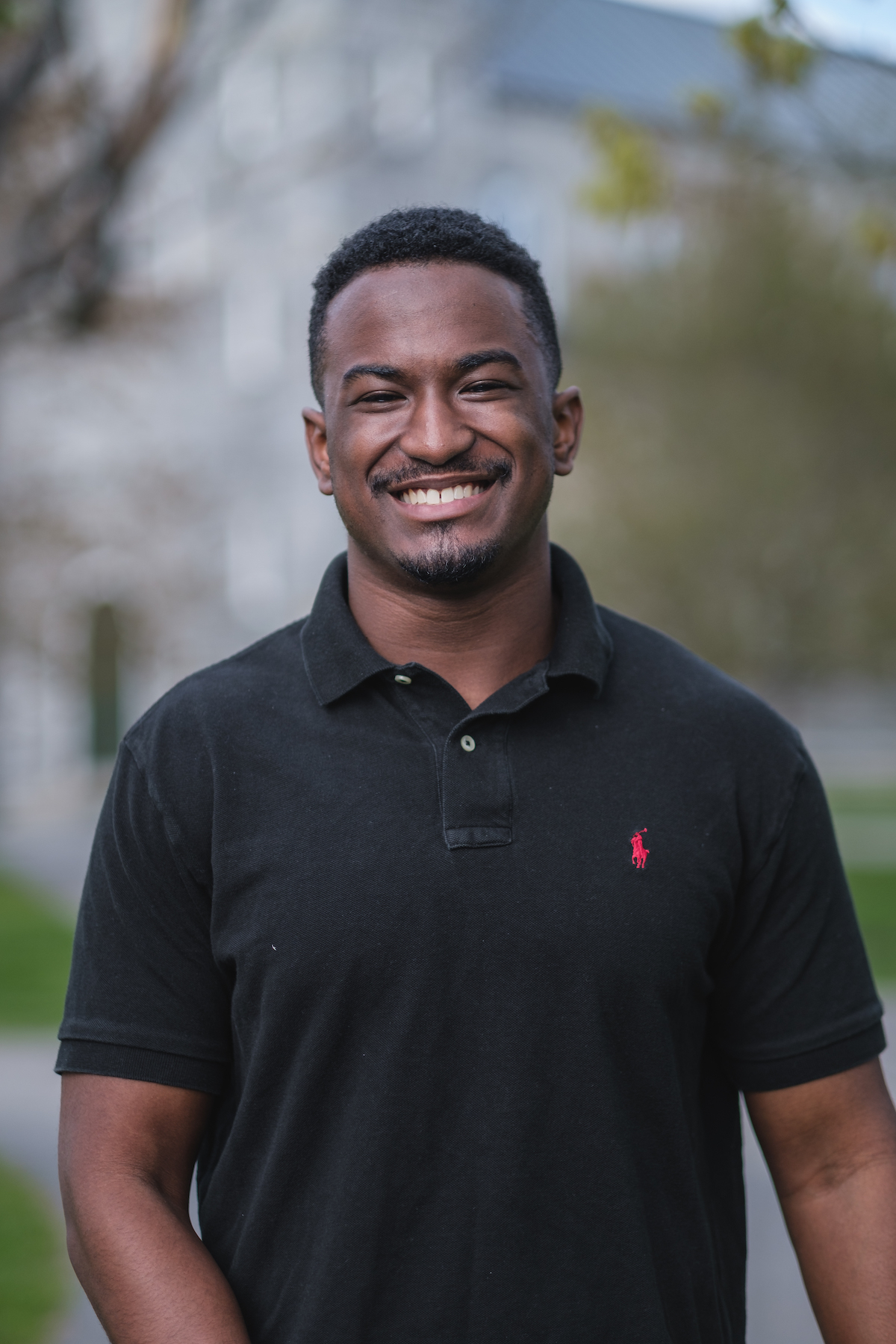After a year of DEI work, the athletic department looks to expand its scope beyond socioeconomic and racial issues
May 14, 2021
 Cheng Xing
Cheng Xing“Each team has [its] own action plan, the department has its own action plan, [there’s] a department DEI committee and then [there’s] also support for [team-mandated gear] every year,” Athletes of Color Coalition (AoCC) co-president Kendall Rogers ’21 said. “Those institutional changes have been long overdue but have really been impactful to people’s experiences and showing their commitment to changes.”
Through various initiatives and events such as a series of talks with anti-racism educator Jen Fry, the athletic department has encouraged staff, coaches and players to integrate their personal experiences into formal DEI education in order to make the work more meaningful.
“We’ve done, like a lot of other teams, a ton of education,” Head Coach of the sailing team Frank Pizzo said in a phone interview with the Orient. “We’ve also just been very introspective about what the experience is like as an athlete on the sailing team at Bowdoin, what the barriers are and how we can change that.”
While the athletic department’s emphasis on DEI work has elicited widespread support, there has still been a significant burden placed on athletes of color and athletes from minority backgrounds to take the lead in these conversations.
“It’s been all-hands-on-deck teamwork to make these programs and make the progress,” Rogers said. “While that has spoken to the power of AoCC, I think it also [emphasizes] needing to take the burden off of athletes of color so that we can be students, so that we can be athletes and we can have a college experience—but one that is inclusive and supportive.”
However, due to athletes’ hard work, participation in DEI events from the greater campus community has increased compared to attendance in previous years.
 Cheng Xing
Cheng XingAs the entire student body returns to campus in the fall, teams will resume their full competition schedules, leaving less time to dedicate to DEI work. With this in mind, the athletic department is placing an emphasis on incorporating DEI conversations into the daily lives of student athletes, coaches and department members.
“These conversations need to occur in a way that’s useful, practical and doesn’t put too much of a burden on students,” AoCC co-vice president Cydnie Martin ’21 said in a Zoom interview with the Orient. “I hope people will hold each other accountable to make these conversations continuous and a part of day-to-day life.”
In collaboration with the athletic department’s DEI committee and the AoCC, the athletic department hopes to implement a DEI-themed calendar to begin this summer and extend into the upcoming academic year.
“Every month is going to have a different theme, a different DEI topic, and we are going to work off of that theme calendar,” Assistant Athletic Director for Operations and Diversity, Equity and Inclusion Coordinator Katie Greene said in a Zoom interview with the Orient. “The coaches will have [the calendar] in advance so we can have scheduled talks with their teams and scheduled speakers within our department that fall under these themes.”

“We can’t not play games or hold practices, and we can’t not continue the DEI work, so we have to find a balance between the two,” Greene said.
Some student athletes, such as men’s hockey player Graham Rutledge ’22 worry that time constraints may cause this balance to be difficult to uphold.
“Once we’re in [hockey season]—having practice, playing games—that’s a huge chunk of our time … I’m not sure how we’re going to manage [DEI] conversations,” Rutledge said. “Unfortunately, [those conversations] probably won’t have the same depth or focus that they had this year. But I know this isn’t something we’re just going to drop entirely.”
Not all of Rutledge’s peers agree. AoCC co-vice president Manveer Sandhu ’22 believes that facilitating DEI conversations will become easier in the fall with the return of the full student body to campus and the opportunity to connect in person.
“This year, [the AoCC] has found that people don’t necessarily show up to our Zoom meetings every week, which is natural because of Zoom fatigue,” Sandhu said in a Zoom interview with the Orient. “[Next year], I’m hoping we have more people join us in person. I think it will help to create more of a sense of community, being able to be physically present and physically together.”
For the athletic department, a pressing concern is finding a way to include the incoming first years in its existing DEI framework.
“We acknowledge that there are some people who will come here who have never had a conversation around DEI, and there are some people who have been talking about it their whole life,” Greene said. “We’re working on programs right now for first years and how to get everybody up to speed on where we are at this point.”
Regardless of the challenges, the athletic department remains motivated to continue future DEI efforts, including concrete action steps.
“Conversation does have to become action at some point in time because that’s where the inclusivity comes in,” assistant football coach Kevin Loney said in a Zoom interview with the Orient. “It takes a lot of intentional work to make sure that people feel like [the campus] is theirs … We can’t forget what the letters [“D-E-I”] stand for.”
Rebecca Norden-Bright and Nina McKay contributed to this report.

Comments
Before submitting a comment, please review our comment policy. Some key points from the policy: